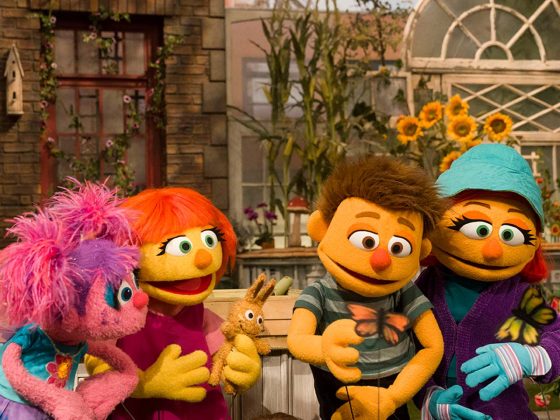
Creating Family Traditions
Parenting advice with strategies for developing special family traditions and routines to support autistic children (and all kids!).
All children like routines. They’re comforting. They ease transitions and prepare kids for what comes next. For autistic children, routines are especially important. Knowing what to expect helps create a sense of safety and calm. Traditions and rituals are an important part of routine. They can also make new situations–the start of school, a vacation, and so on–feel familiar and less frightening. And when kids feel secure, they may be more likely to try something new. So routines may actually make it easier to introduce small changes!
Here are strategies that can help:
- Follow your child’s lead. Involve them as much as possible in the creation of the ritual. Do they like to sing? A bath song may erase the jitters caused by a shampoo. Give them a choice between two favorite songs–hearing (and joining in!) a beloved nightly lullaby may make bedtime smoother.
- Create traditions that celebrate your family. Make up a family cheer, or a special family handshake or hug. These kinds of things reinforce the idea that you form a family unit together, that you’re all there for each other no matter what.
- Use the routine as a way to stretch your child’s world. For example, take a favorite song, and make up new words together to suit the situation. “The Wheels on the Bus” can be “The Kids in Your Class,” incorporating the people they’re meeting in their new school, and all activities they’re being introduced to.
- Holiday traditions build up anticipation and create memories. Think up fun new traditions that will have meaning for your family. Invite your child to choose a favorite food to help you cook and then include every year at the holiday table. Or let your child design a set of special Valentine’s Day place mats. Take photos so you can remember and talk about these traditions during the coming year. Make sure any traditions you create are things you can live with for a long time. If you don’t want to make ten different kinds of holiday cookies every December, don’t start that tradition. Once made, rituals may be hard to let go of!
- Birthdays are a super time for annual traditions and games. Have some props, such as a birthday cape or crown, or a “gem”-bedazzled juice cup that you use only on that day. Think up a special way to begin and end birthday festivities. Keep a birthday album, filled with photographs of these birthday traditions playing out year after year.
- When appropriate, share routines with teachers and caretakers, so that everyone is on the
same page.
Having predictable, autism-friendly rituals is great. Just remember to keep them manageable.
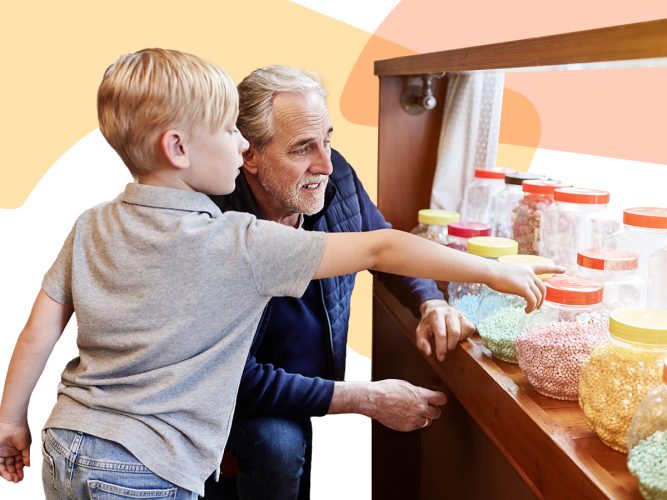
Teaching Self-Determination Skills
Try these playful, autism-friendly activities to help your child develop important self-determination skills.
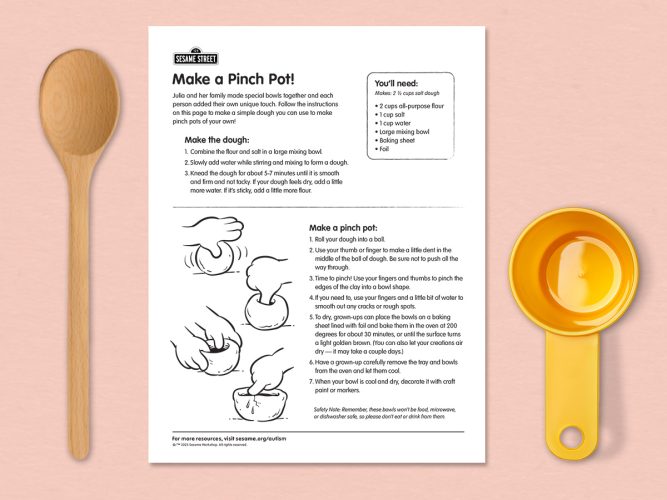
Make a Pinch Pot!
Simple craft instructions to help your family make pinch pots from homemade dough together.
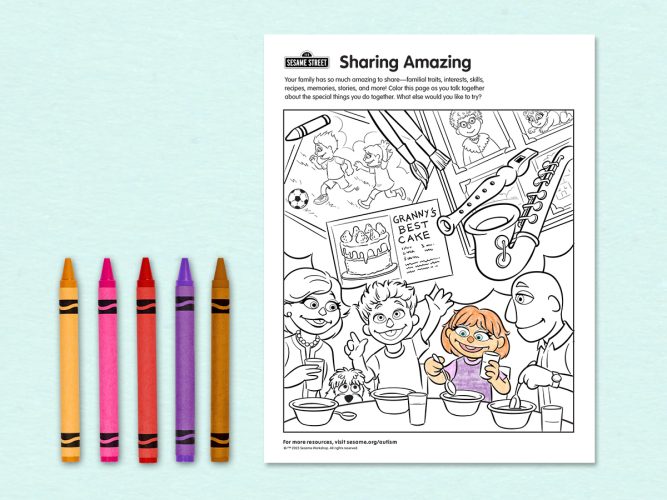
Sharing Amazing
An adult-child coloring page to spark ideas and connection.
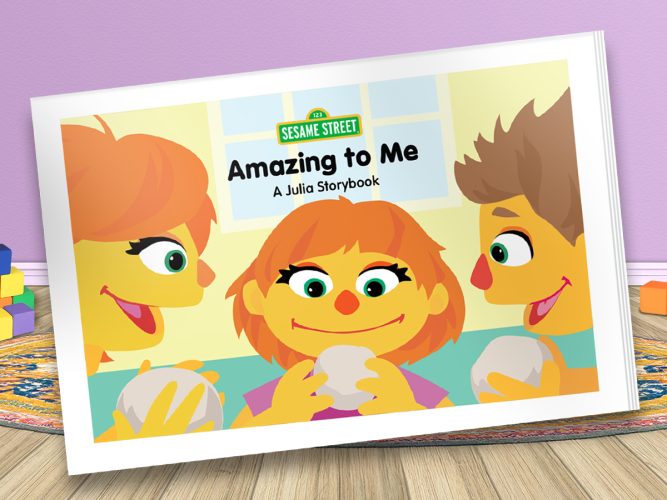
Amazing to Me
When Julia and her family do a special art activity together, Julia finds a way to add her own amazing touch!

Exploring the Amazing in Autistic Children: A Conversation with Camille Proctor, Founder of The Color of Autism Foundation
An article to help parents discover and support their autistic child’s unique perspective and personality
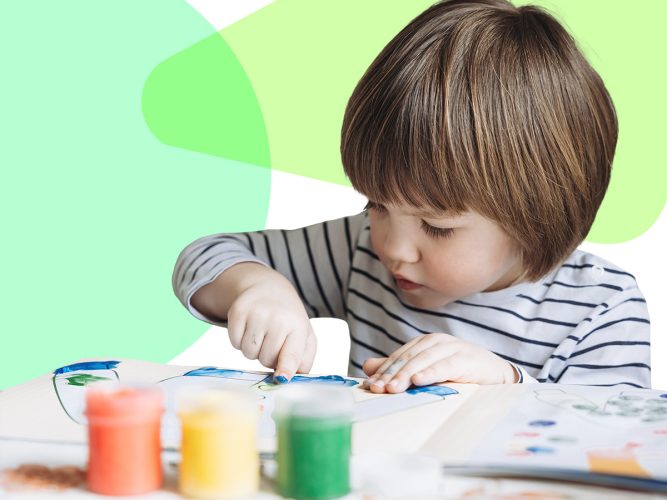
Creative, Talented, Amazing: A Conversation with Anna Wang, Co-founder of FCSN, about fostering autistic children’s talents
An article to help parents foster creative exploration and expression in their autistic child.
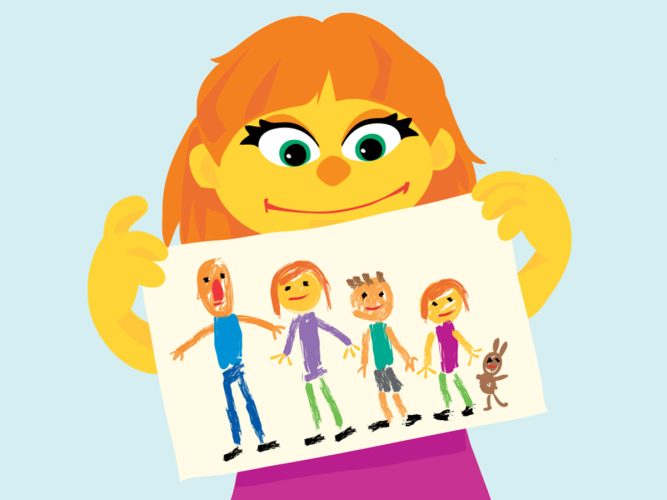
Autism and the Arts: A Conversation on Creativity and Community
